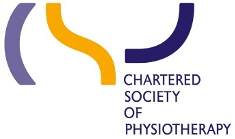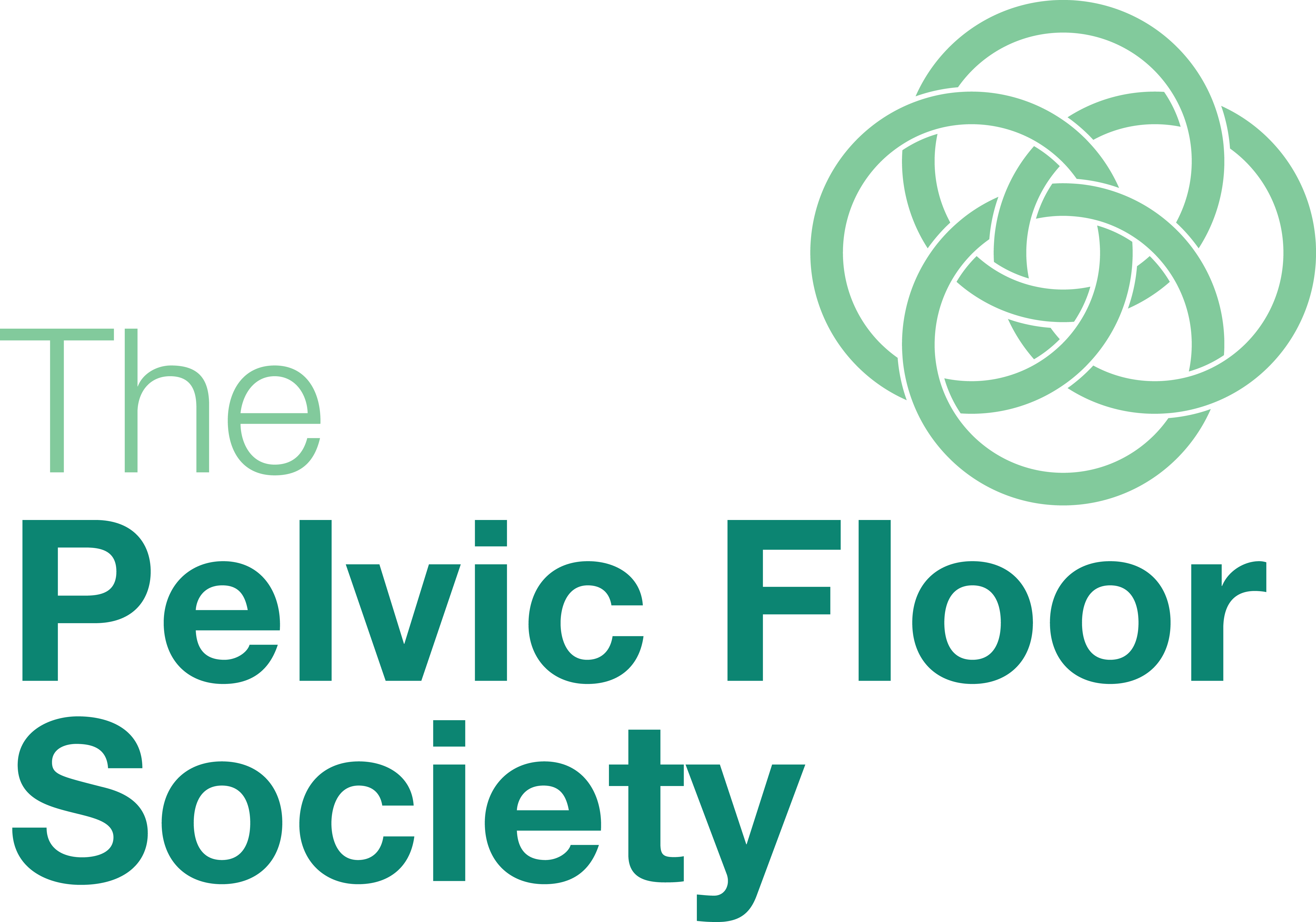UK Clinical Guideline
Best Practice in the Use of Vaginal Pessaries
The UK Clinical Guideline for best practice in the use of vaginal pessaries for pelvic organ prolapse is an evidence-based consensus document for healthcare professionals and women seeking information about pessary use for prolapse. The aim of the Guideline is to provide guidance and information about best practice in pessary use for prolapse for multidisciplinary healthcare professionals and includes a training framework which can be used to plan and monitor competencies in pessary management.
The Guidance
UK Clinical Guideline for best practice in the use of vaginal pessaries for pelvic orgran practice - FULL
Clinical Standards Logbook (printable)
Clinical Standards Logbook (download and edit online)
Commonly used pessary types - a practical guide
The guideline also has 3 charts ideal for clinic use
“Basingstoke & Winchester Hospitals have recently undertaken a pessary service revision. We have used these comprehensive guidelines as a framework for redesigning our pessary service and training our Urogynaecology Nurses and Pelvic Floor Physiotherapists in the management of pessaries which will significantly improve our patients’ pathway and future care. The algorithms, clinical competencies and the patient information in these guidelines is a much needed resource for UK Pessary practitioners and will become the bedrock of our patient care”.
Professor Christian Phillips, Hampshire Hospitals NHS
Pessary Information for Patients
For patient specific information, infographics, FAQs on pessaries and prolapse please signpost patients to our dedicated patient sections:
Vaginal Prolapse - a dedicated area to inform patients about vaginal prolapse
Pessaries for Prolapse - a NEW dedicated area for patients including key information, downloaded booklets, infographics, FAQs and self-management guides
UK Clinical Guideline and Covid
The UK Clinical Guideline Group are aware that pessary services for women with prolapse have been considerably disrupted due to Covid. The Guideline does not include Covid relevant guidance and it is recommended that the latest government guidance is accessed, and local policies checked. Healthcare professionals involved with pessary provision are directed to the joint guidance document from BSUG and RCOG. Women currently using a pessary should consult their local pessary services if they have any concerns.
“On a very personal note, you could also share with the team that your document has already had a positive impact. I have reflected upon its contents and realise that I could benefit from a pessary with more support. So, now, armed with greater knowledge, I am going to return to my pelvic floor specialist to initiate this discussion.”
A pessary user on the power of good information.
The Guideline has been endorsed and supported by the following organisations:
- Royal College of Nursing
- Royal College of Obstetricians & Gynaecologists
- International Urogynecological Association
- British Society of Urogynaecology
- The Pelvic Floor Society
- British Association of Urological Nurses
- Pelvic Obstetric and Gynaecological Physiotherapy
- Scottish Pelvic Floor Network
- United Kingdom Continence Society
- Association of Continence Advice
- Chartered Society of Physiotherapy










We Value Your Feedback
Further information, infographics and patient information booklets are available in the patient information section, Pessaries for Prolapse - a NEW dedicated area for patients including key information, downloaded booklets, infographics, FAQs and self-management guides